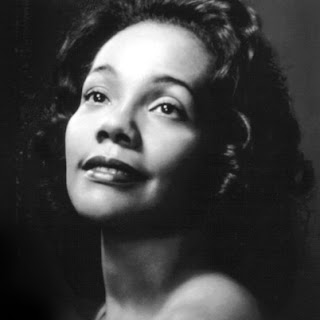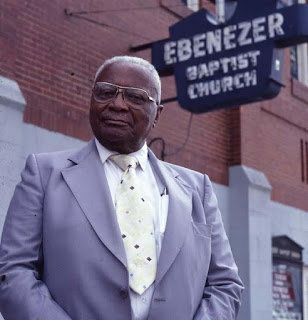Lacking the eloquence of Dr. King, he was the perfect storm. He was deeply moral, proud of his heritage and he loved life. He grew up with parents that raised him to be educated and vital to the outcomes of others and their lives.
As a minister he sought happiness that would bring his people to enjoy life regardless of any oppressive reality.
He had a keen sense of justice. That was somewhat facilitated by the community he grew up in and the power of educational institutions he enjoyed.
There was a path clearly set for him. It was never suppose to be brought to a violent end, but, considering the volatile nature of the USA at that time one asks if he not only knew he would be robbed of his longevity but when, too.
He was a man with mug shots and prison numbers for the civil disobedience he carried out as a leader and the accolades of scholars and people with government influence.
His death came along side two of the greatest civil rights leaders in USA history next to President Lincoln, John and Bobby Kennedy. He would know of the death of Malcolm X on February 21, 1965, one week after his home was firebombed, Malcolm X was shot to death by Nation of Islam members while speaking at a rally of his organization in New York City.
Martin Luther King, Jr. would die in assassination by a white man just more than three years later. It was a very difficult in the USA. The country at war in Vietnam that would last for another decade. There was a cultural shift of young Americans in the world of the educated with visions far different than their parents and grandparents. Martin Luther King, Jr. was as much a contemporary of that generation reaching for justice and opportunity.
Pope Francis stated he was an example of a great, moral and just American. It sure looks that way. Now, if our society can just live up to his expectations, we would have recaptured that fervor and racism will evaporate into thin air across the USA.
As a minister he sought happiness that would bring his people to enjoy life regardless of any oppressive reality.
He had a keen sense of justice. That was somewhat facilitated by the community he grew up in and the power of educational institutions he enjoyed.
There was a path clearly set for him. It was never suppose to be brought to a violent end, but, considering the volatile nature of the USA at that time one asks if he not only knew he would be robbed of his longevity but when, too.
He was a man with mug shots and prison numbers for the civil disobedience he carried out as a leader and the accolades of scholars and people with government influence.
His death came along side two of the greatest civil rights leaders in USA history next to President Lincoln, John and Bobby Kennedy. He would know of the death of Malcolm X on February 21, 1965, one week after his home was firebombed, Malcolm X was shot to death by Nation of Islam members while speaking at a rally of his organization in New York City.
Martin Luther King, Jr. would die in assassination by a white man just more than three years later. It was a very difficult in the USA. The country at war in Vietnam that would last for another decade. There was a cultural shift of young Americans in the world of the educated with visions far different than their parents and grandparents. Martin Luther King, Jr. was as much a contemporary of that generation reaching for justice and opportunity.
Pope Francis stated he was an example of a great, moral and just American. It sure looks that way. Now, if our society can just live up to his expectations, we would have recaptured that fervor and racism will evaporate into thin air across the USA.



















